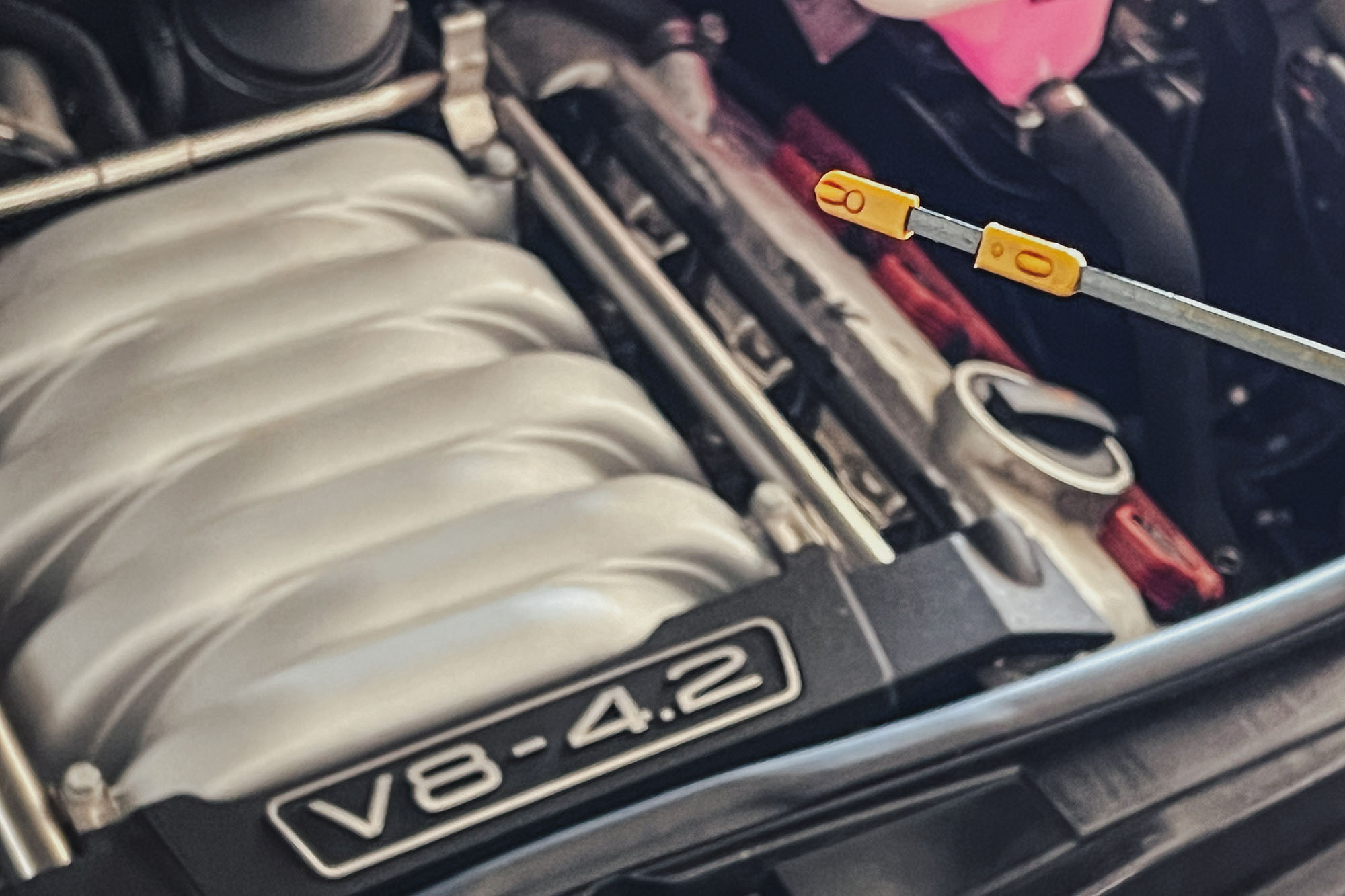Lifetime Oil Changes: Are They a Good Deal?
These long-term maintenance plans make sense for new and used cars, depending on how you drive.

QuickTakes:
Lifetime oil-change programs streamline your automotive lubricant-servicing costs into one payment, providing coverage that can last as long as you own your vehicle. The question of whether or not they're a good deal, however, can't be answered the same way for every driver. Some drivers may find it makes more financial sense to pay for each oil change on an as-needed basis while others could see value in the lifetime deal. There are a few factors to consider when making your decision.
Calculate Your Driving Habits Before Committing
A vehicle's oil-change window is determined by two variables: time and mileage. Most oil-change intervals fall between 3,000 and 15,000 miles.
Your vehicle's owner's manual will list the exact mileage and time you can go between scheduled oil changes. Determine based on your driving habits how often you need to get your oil changed based on those figures.
Know How Much an Oil Change Costs and How Many You'll Need
Knowing how many oil changes your vehicle will require is the key to evaluating the value of a lifetime oil-change plan based on your driving habits and your vehicle's recommended maintenance schedule.
Let's take the example of someone driving just under 14,000 miles a year, about the average for U.S. drivers in 2023, according to findings from the U.S. Department of Transportation Federal Highway Administration.
Roughly speaking, drivers of vehicles at the high end of the oil-change-mileage spectrum will need about one per year. A vehicle that requires oil changes every 3,000 miles will need about four oil changes during that same period. Most people will fall somewhere in between.
Depending on whether your vehicle requires synthetic oil or regular oil and the engine's oil capacity — how much oil you'll be purchasing — an oil change ranges between $39 and $119, with the average price being around $66. That makes the average yearly cost for oil changes for most Americans somewhere between a single oil change for $66 or four for $264, depending on how many their vehicle requires during the 14,000-mile period mentioned above.
The final bit of math to calculate is knowing how long you'll own your vehicle. People are keeping their cars longer, with the average now sitting at 8.4 years, according to study data from automotive-focused search engine and research site iSeeCars.com. That puts the lifetime oil change cost between $554 and $2,218. If the price of the lifetime oil change offer you're looking at falls near this price, it could be worth it.
Read the Fine Print, Too
There are a few other things to remember before saying yes to a lifetime oil-change program. First, make sure that the plan meets your needs. If you have to pay more cash if your vehicle requires an extra pint of oil or two or if it needs synthetic instead of regular lubricant, it may no longer be such a good deal.
You'll also want to see if the plan has a yearly limit on oil changes. If you do a lot of towing (which can increase your oil-change intervals) or take a lot of road trips, you may fall outside the program's restrictions.
Finally, what happens if you move? Check to see if the company making the offer has enough locations to keep the offer convenient regardless of where life might take you during your vehicle ownership.



